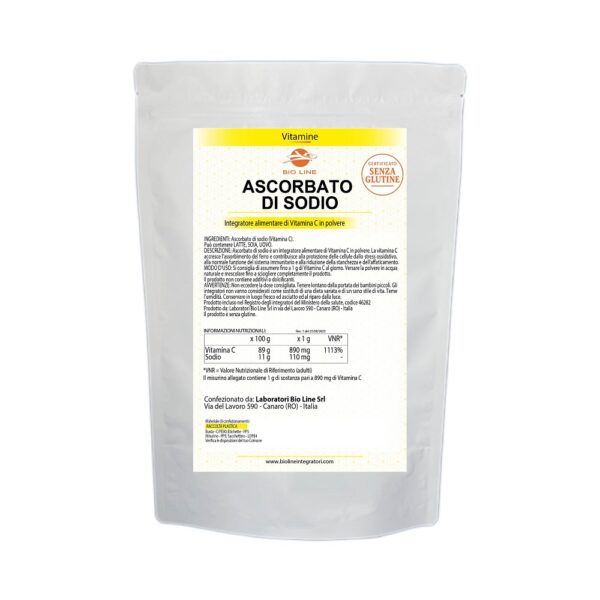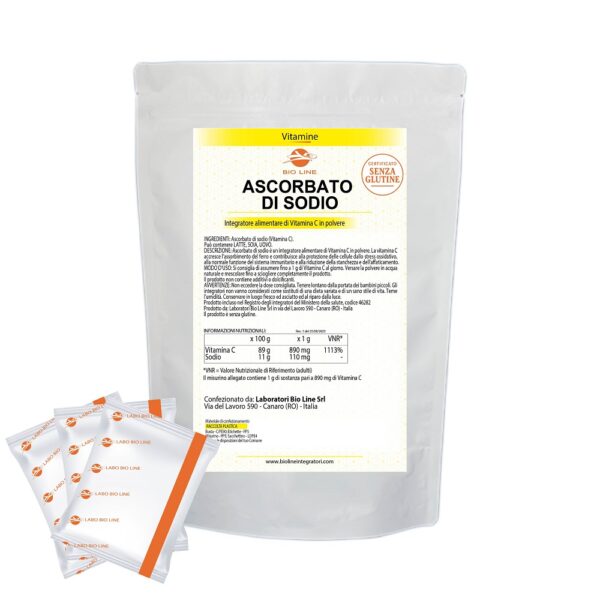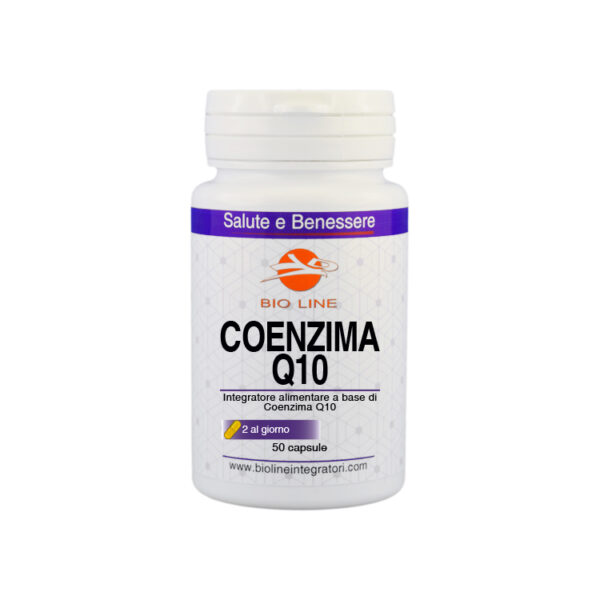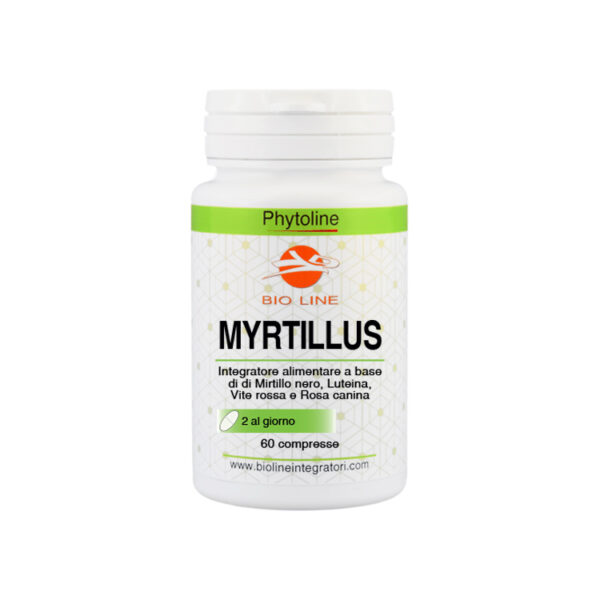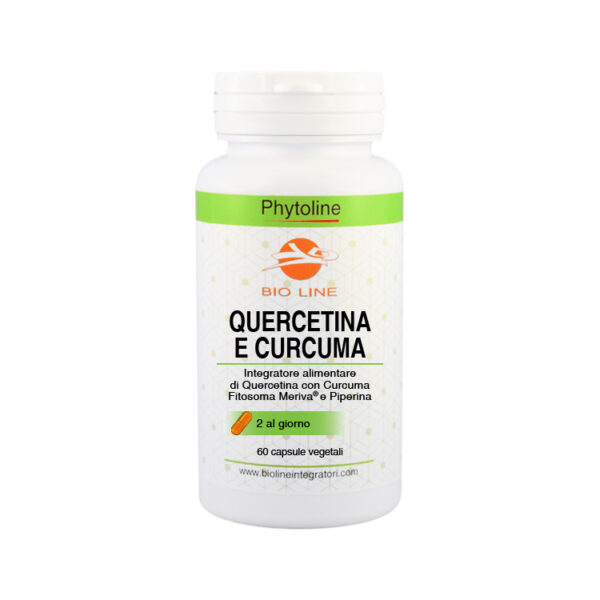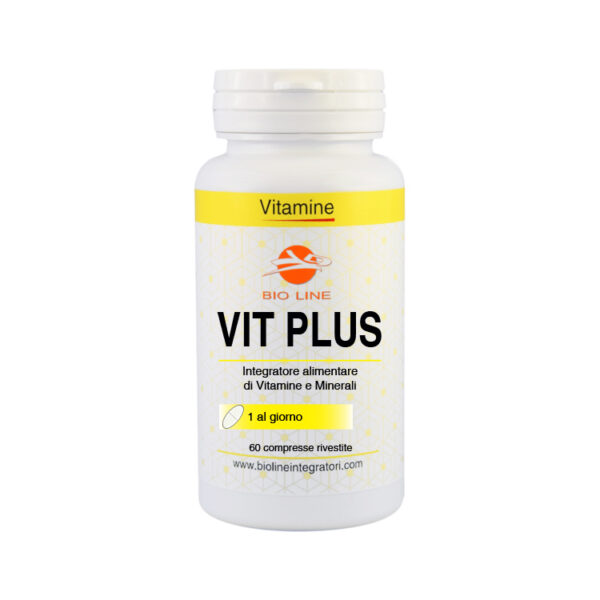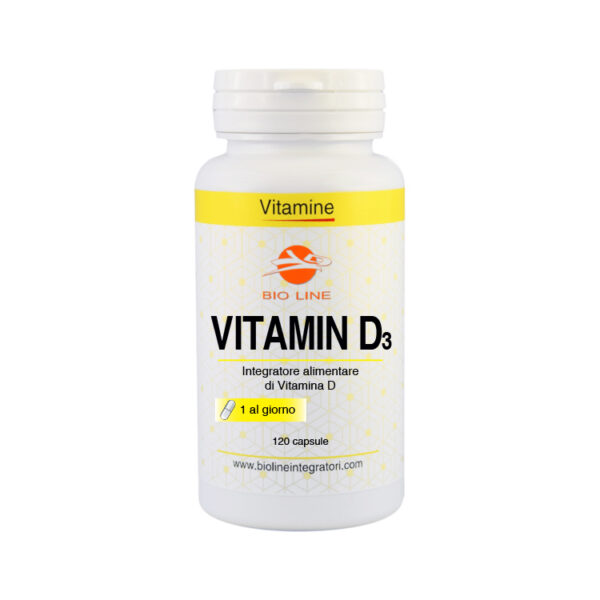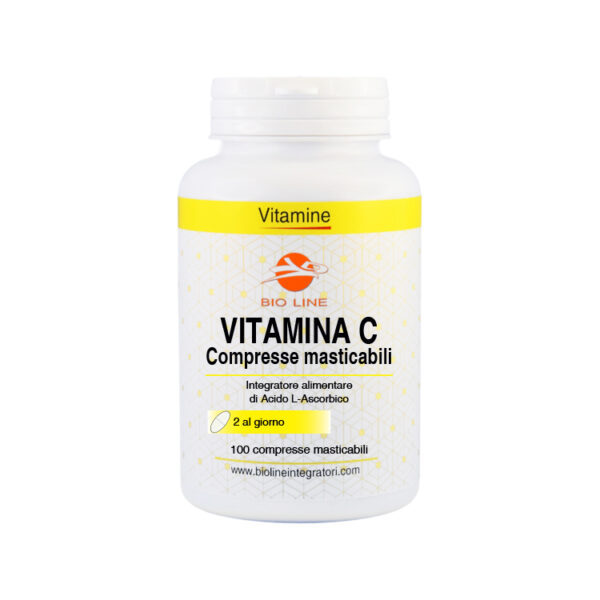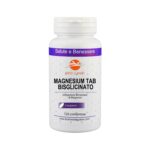
Acido Ascorbico – Integratore in polvere in bustine di vitamina C ad azione antiossidante – Sostanza pura senza eccipienti
0,10€ - 94,90€Fascia di prezzo: da 0,10€ a 94,90€
Acido Ascorbico è un integratore alimentare di Vitamina C in polvere puro al 100%, indicato in tutti i casi in cui sia necessario aumentare la quantità di tale vitamina per le sue proprietà antiossidanti. Il prodotto non contiene additivi o dolcificanti e presenta un forte sapore aspro.
Senza glutine
Notifica ministeriale n° 45510
📦 INFORMAZIONI AGGIUNTIVE SUL PRODOTTO
| Variante | Scadenza |
|---|---|
| Acido Ascorbico - Integratore in polvere in bustine di vitamina C ad azione antiossidante - Sostanza pura senza eccipienti - Misurino da 3,5 ml | 31/12/2099 |
| Acido Ascorbico - Integratore in polvere in bustine di vitamina C ad azione antiossidante - Sostanza pura senza eccipienti - Busta da 200 g (8 bustine da 25 Kg) con misurino | 31/07/2027 |
| Acido Ascorbico - Integratore in polvere in bustine di vitamina C ad azione antiossidante - Sostanza pura senza eccipienti - Busta da 500 g (20 Bustine da 25 g) con misurino | 30/09/2027 |
| Acido Ascorbico - Integratore in polvere in bustine di vitamina C ad azione antiossidante - Sostanza pura senza eccipienti - Busta da 1 Kg (40 bustine da 25 g) con misurino | 29/09/2027 |
| Acido Ascorbico - Integratore in polvere in bustine di vitamina C ad azione antiossidante - Sostanza pura senza eccipienti - Big - Busta da 2 Kg (80 bustine da 25 g) con misurino | 30/09/2027 |
| Acido Ascorbico - Integratore in polvere in bustine di vitamina C ad azione antiossidante - Sostanza pura senza eccipienti - Big - Busta da 5 Kg (200 bustine da 25 g) con misurino | 30/09/2027 |
In contrassegno, con carta, PayPal oppure Bonifico
Direttamente a casa tua in 24/48 ore
*sono escluse isole minori e laguna veneta
Materie prime selezionate
Caratteristiche del prodotto
Proprietà dei componenti
– Vitamina C: contribuisce alla funzione del sistema immunitario durante e dopo uno sforzo fisico intenso, alla formazione del collagene per la funzione dei vasi sanguigni e alla protezione delle cellule dallo stress ossidativo.
Al di là della nota azione di supporto al sistema immunitario, la vitamina C è essenziale per la sintesi del collagene, cioè è indispensabile alla formazione della principale proteina strutturale degli esseri umani. Nei suoi diversi tipi, il collagene, è infatti coinvolto nella formazione dei muscoli, delle ossa, dei tendini, dei vasi sanguigni, del derma, della dentina, dell’umor vitreo, delle cartilagini. Una carenza di vitamina C comporta una terribile malattia detta scorbuto, e prima di tutto comporta una non adeguata sintesi del collagene. Per scongiurare tutto questo, basterebbe che nella nostra alimentazione fossero presenti quei cibi, soprattutto quella frutta e quelle verdure, teoricamente ricchi di questa vitamina. Ciò è vero, ma solo in teoria, nel senso che la quantità di vitamina C realmente presente in un determinato alimento, di solito è inferiore, rispetto alla quantità che teoricamente ci dovrebbe essere. La vitamina C è un potente antiossidante, che agisce direttamente dall’interno delle cellule, ed è in grado di rigenerare la vitamina E. Purtroppo all’interno del corpo umano non esiste un “serbatoio” per questa vitamina, cioè non esiste un posto, all’interno del corpo umano, in cui è possibile stoccare la vitamina C, quindi va introdotta quotidianamente.
Benefici
L’integrazione di Vitamina C può risultare utile per:
– migliorare le difese antiossidanti dell’organismo, proteggendolo contro il danno ossidativo indotto dai radicali liberi;
– potenziare le difese immunitarie;
– proteggere dagli effetti negativi di stress e sovrallenamento;
– migliorare l’assorbimento intestinale del ferro contemporaneamente assunto;
– prevenire l’invecchiamento cutaneo precoce;
– migliorare la resistenza dei capillari, rafforzando il microcircolo e prevenendo disturbi da aumentata fragilità capillare ed insufficienza microcircolatoria (edemi, ritenzione idrica, cellulite, microteleangectasie ecc.).
Ingredienti / Informazioni nutrizionali
Ingredienti: Acido L-Ascorbico
Informazioni nutrizionali
| x 1 g | VNR* | |
| Vitamina C | 1000 mg | 1250% |
*VNR = Valori nutritivi di riferimento, calcolati in base al REGOLAMENTO (UE) N. 1169/2011
Modo d’uso
Si consiglia di assumere fino ad un grammo di Vitamina C al giorno. Versare la polvere in acqua naturale e mescolare per il tempo necessario a disperdere il prodotto.
Il prodotto non contiene additivi o dolcificanti e il gusto risulta aspro.
Avvertenze
Non eccedere la dose consigliata. Tenere lontano dalla portata dei bambini piccoli. Gli integratori non vanno considerati come sostituti di una dieta variata e di un sano stile di vita.Teme l’umidità. Conservare in luogo fresco ed asciutto ed al riparo dalla luce.
Può contenere LATTE, SOIA, UOVO.
Certificazioni
Per scaricare il certificato d’analisi relativo al LOT. 71524 clicca qui.
Per scaricare il certificato d’analisi relativo al LOT. 71624 clicca qui.
Per scaricare il certificato d’analisi relativo al LOT. 8625 clicca qui.
Per scaricare il certificato d’analisi relativo al LOT. 16725 clicca qui.
Per scaricare il certificato d’analisi relativo al LOT. 24225 clicca qui.



